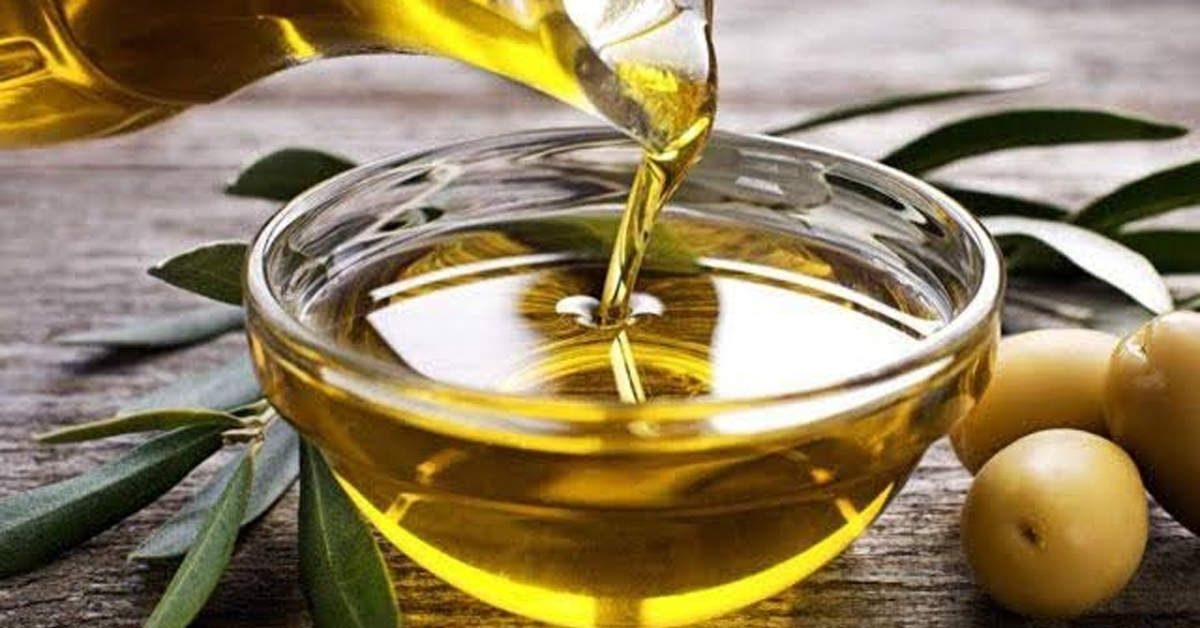The June 30 notification by the Directorate General of Foreign Trade (DGFT) easing the curbs on import of RBD (refined, bleached and deodorised) palm oil and palmolein oil has not gone well with the Indian edible oil refiners, as they feel imported refined oils will be 6-7 per cent cheaper than the ones refined at the domestic refineries.
Giving comparative costs of RBD palmolein produced from imported CPO (crude palm oil) and imported RBD palmolein, Sudhakar Desai, President of Indian Vegetable Oil Producers’ Association (IVPA), said Indian refiners suffer a disadvantage to the tune of ₹6,578 to ₹8,070 a tonne with the imported RBD palmolein (considering the C&F price of CPO at Indian ports at $1,055 a tonne and exchange rate at ₹74.60 a dollar).
In a letter to Piyush Goyal, Union Minister for Consumer Affairs, Food and Public Distribution, and Commerce and Industry, he said the total cost of RBD palmolein produced from imported CPO works out to ₹1,17,216 a tonne. In the case of imported olein, which is cheaper by $30 dollar a tonne, the cost works out to ₹1,10,638 a tonne. If the imported olein is cheaper by $50 dollar a tonne, the cost further comes down to ₹1,09,146 a tonne.
With this, the Indian refiners are clearly at a disadvantage, he said, adding the calculations are without assuming any profit for the Indian refining activity.
Malaysia gives export subsidy of $90 a tonne for RBD palm oil, and Indonesia gives export subsidy of $104 a tonne for RBD palmolein, he said, adding, these export subsidies are the sole reason due to which finished goods are offered $30-35 a tonne cheaper than CPO (raw material).
Further, the duty for import of palm oil by-products such as PFAD (palm fatty acid distillate) and palm stearin is 7.5 per cent against 30.25 per cent for CPO. This adds to the structural disadvantage of the Indian industry.
“The above two factors are very important in causing a non-level playing for the Indian industry due to which the Government, after careful consideration, had brought the aforementioned ‘Refined Palm Oils’ into Restricted List, on the January 8 2020, which has now been repealed,” he said.
During 2019, RBD pamolein imports surged to the extent of about 30-35 per cent of total palm imports causing capacity and margin injury. After careful assessment, safeguard Duty was imposed on RBD palmolein imports and on January 8, 2020, all the imports of RBD palm oil and palmolein oil were brought under ‘Restricted List’ under the Foreign Trade Policy, giving a big boost to the domestic edible oil sector, he said.
The removal of the restriction from June 30 has already proved to be counter-productive with the recent rally in the global palm markets due to the anticipated additional refined palm oil demand from India.
“In view of the above circumstances, to protect the Indian vegetable oil Industry and oilseed farmers, we humbly request you to move ‘All Refined Edible Oils’, including RBD palm oil, RBD palmolein oil and Others in the ‘Restricted List’ or ‘Prohibited List’ under the Foreign Trade Policy,” he said in the letter.
According to Desai, India’s vegetable oils refining capacity is huge with capacity utilisation of around 50 per cent only. The Indian vegetable oil industry works in a highly competitive environment with thin margins and Indian ex-factory prices move along with the international prices almost on a daily basis. The consumer price inflation is not due to shortages as the total import needs are being met fully by the industry as reflected in the import numbers, he added.
Source : The Hindu Businessline







